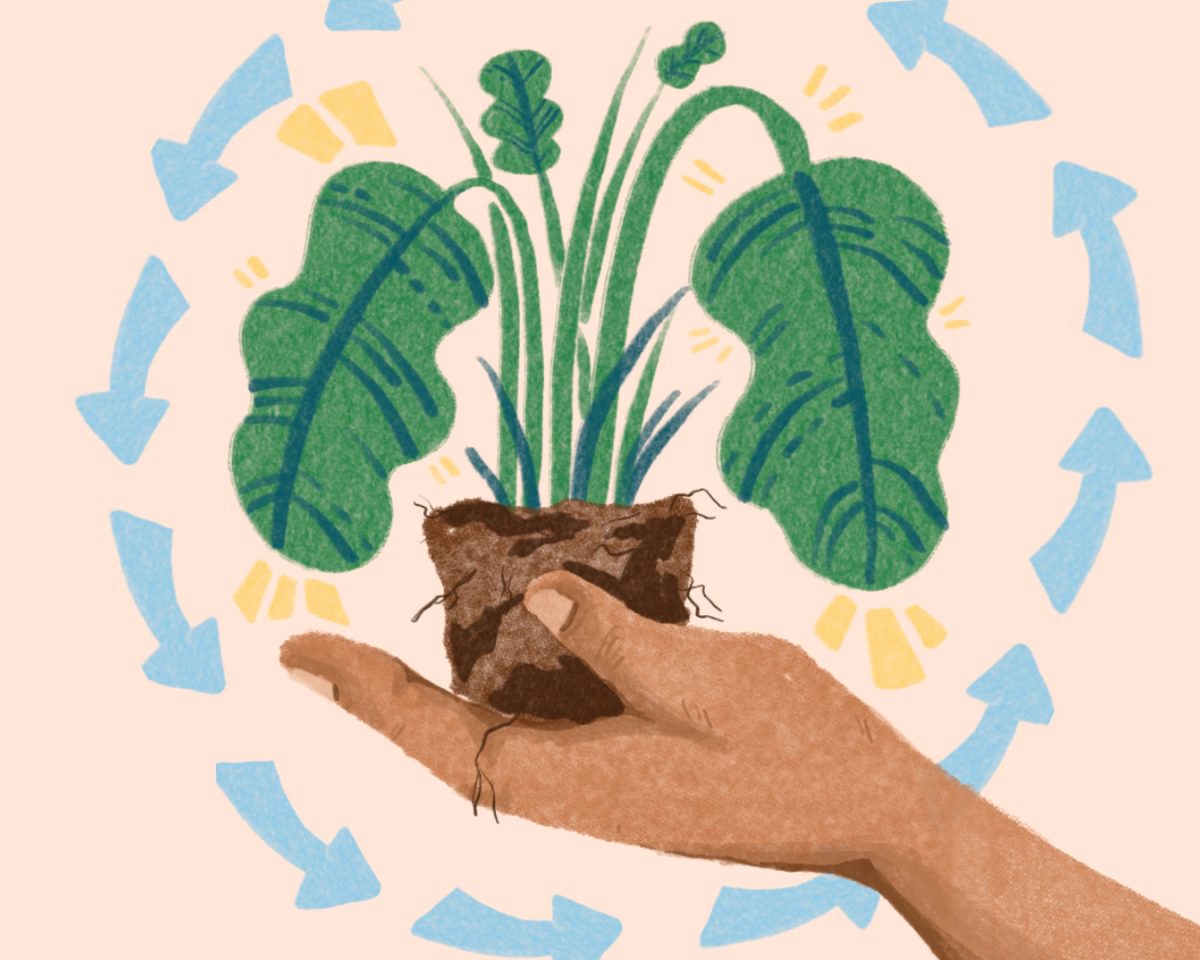Recycling plays a crucial part in our daily lives by keeping the environment clean. It is simple and yet free. Recycling helps prevent waste from going to landfills, reduces pollution and saves energy.
Recycling every day can help create an eco-friendly environment. Recycling is straightforward, so more people should partake in it.
Recycling is separating recyclable materials such as plastic, cardboard, and glass into separate containers away from trash. According to Republic Services, a website that offers tips for recycling, plastic, paper, cardboard, batteries, metal cans, sharps and needles are some items that can be recycled.
“Recycling is the process of collecting and processing materials that would otherwise be thrown away as trash and turning them into new products,” said the United States Environmental Protection Agency.
Once you have collected your recycling, you can take it to a recycling center. Recycling centers in different cities make it convenient for people, including resources outlined by the CSUN Associated Students Division of Student Affairs. These facilities may have machines, technology or people working to help sort through the recycling.
Recycling helps to reduce the amount of waste that ends up in our landfills. According to the United Nations Development Programme, most of our plastic waste, a whopping 70%, ends up in landfills or nature. More and more waste going into our environment can release harmful chemicals into the atmosphere, impacting and exacerbating pollution.
Waste that is not recycled can pollute our air, soil and water. “Over time, the toxins from waste materials leach into the soil and contaminate groundwater, becoming an environmental hazard,” said Clean Robotics, a website highlighting environmental problems.
Plastic can pollute bodies of water such as oceans, rivers and lakes, which can cause danger to animals, ecosystems and humans alike. “Every year 19-23 million tons of plastic waste leaks into aquatic ecosystems, polluting lakes, rivers and seas,” said the UN Environment Programme.
Waste polluting oceans and water sources can threaten marine life, and plastic materials can take hundreds of years to decompose. According to Forge Recycling, decomposing plastic can take between 20 and 500 years. This is why we must recycle to help reduce waste in our communities and ecosystems.
Recycling can help conserve resources as well as save energy. Reusing materials helps minimize the materials needed to produce new products. Many products can be made from recycled plastic, such as grocery bags, yoga mats, dinnerware, toiletries, car parts and more.
I encourage people to do what is right for our environment and recycle. We can live a healthier life by making more eco-friendly choices. There are simple changes we can make in our daily lives that can make a difference, like using reusable shopping bags and water bottles to help cut down on unnecessary plastic waste. Making more mindful decisions on how we decompose plastic can help us in future generations. We should reuse, reduce and recycle.






